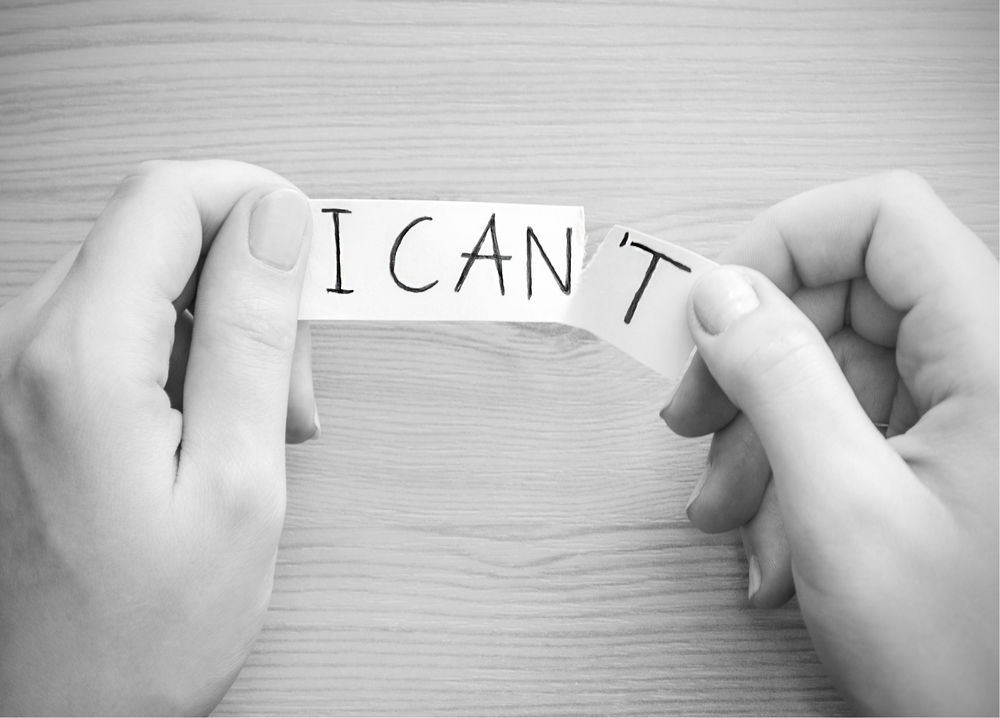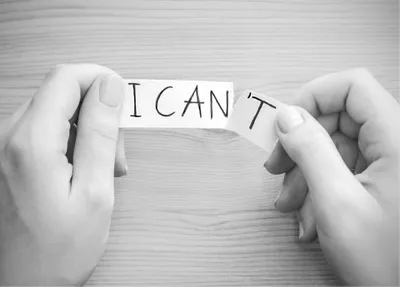It’s fairly easy to build a life of comfortable routine. Before you know it you’re suddenly eating the same breakfast, taking the same route to work, having the same conversations with your coworkers, and doing the same mundane, unfulfilling tasks each and every day.
Change, however small—be it changing your running route, your wardrobe, or your hairstyle—can be very healthy. I encourage you to do something new every single day, big or small, for the sake of your overall wellness…
1. Boost Your Confidence
Change opens the door to success and when you experience success, it inevitably boosts confidence and self-worth. According to research from the National Institute of Mental Health, there is a science behind breaking out of your comfort zone.
Often times we get stuck in our comfort zones, which is defined as a “behavioral space” where activities and behaviors fit a routine that diminishes stress and risk. When we become too comfortable we start holding ourselves back from healthy challenges that help us learn, grow and try new things. It’s this link between taking risk and achieving positive outcome that builds a “can do” attitude.
2. Create Stressful Energy
We’ve already established that stepping beyond your comfort zone can help improve your self-esteem—but a little stress can also help us be our best energy wise. The anxiety that emerges from the action of changing things up can actually motivate energy and success.
According to New York-based psychologist, Stephen Josephson, the act of trying something new brings about newfound energy. And that energy propagates even more energy. Just ask any successful athlete, musician, artist, or actor how they’ve used anxiety to their personal benefit.
3. Bust Out of Your Comfort Zone
Feeling stuck in a rut is often indicates a need for change. After all, when was the last time you took zero risk and it resulted in something you were really, really proud of?
As the old saying goes, “Those who take the biggest risks will reap the biggest rewards.” What that means to the folks at New York’s American Institute for Cognitive Therapy is this: while having a comfort zone is important for consistent, quality performance, stepping out of that same old routine can create the conditions for optimal performance.
4. Be Inspiration for Others
According to a combined study conducted by scientists at Stanford University and University of Minnesota, your acts of positive risk-taking can rub off on others in healthy ways—most importantly, the experience of awe expands the perception of time and possibility.
Consider the a single mom who goes back to school to earn her degree, the overweight man who trains for a marathon and loses weight in the process, the parents who switch up their regular lazy Sunday afternoon to volunteer at the local soup kitchen. All of these actions inspire others to try something new and take positive action into their own lives—particularly older friends and loved ones who’s fear of change and failure holds them back.
5. Learn to Survive Failure
Failure may be a scary thought, however John Gardner the author of the book, Self-Renewal, claims that failure is a powerful vehicle for growth. After all, Gardner says, “There’s no learning [experience] without difficulty…[continual] learning [depends] on risking failure.”
Making small and gradual changes in your everyday life will teach you that it’s perfectly alright to fail—you will survive. In the end even failure will be considered a learning experience, one that’s no longer an obstacle to exploring and experimenting with newness.
6. Live Life Without Regret
According to a poll by Northwestern University, the biggest life regrets are all about that chance not taken—in love, in education, in career, and more! Don’t live a life plagued by “what ifs?”
Instead, take a chance and put your fears and doubts on the line for that dream outcome. Think of taking small, positive risks that take you outside of your comfort zone so you’re not plagued by “what-ifs” months, years, or decades later.
7. Flex Your Resiliency Muscles
Experts from Dalhousie University’s Resilience Research Centre, in Halifax, Nova Scotia, claim that taking chances build resiliency like strength training builds muscles.
Taking positive risks teach you to bounce back from life’s challenges and curve balls. And exposing yourself to a certain amount of manageable risk will help build up your immunization against stress in the future so you’re basically less fearful about trying again until you get it right.










